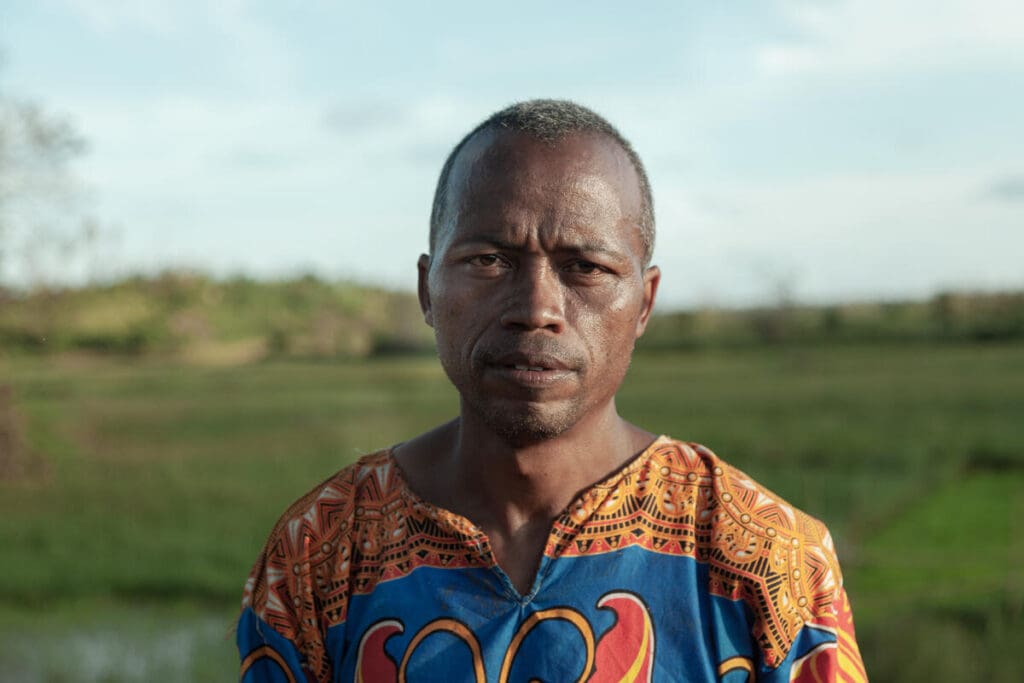A Ring of Fire Is Circling the Globe, Sparking Starvation, Mass Migration and Destabilization

ROME/MUNICH – There is a ring of fire stretching around the world where conflict and climate shocks compounded by COVID-19 and rising costs are driving millions of people to the brink of starvation – threatening to increase migration and instability globally this year, the Executive Director of the United Nations World Food Programme (WFP) David Beasley warned today.
“We have a ring of fire circling the earth now from the Sahel to South Sudan to Yemen to Afghanistan, all the way around to Haiti and Central America,” Beasley said at a session of the Munich Security Conference in Germany. “If we do not address the situation immediately over the next nine months we will see famine, we will see destabilization of nations and we will see mass migration. If we don’t do something we are going to pay a mighty big price.”
A total of 45 million people in 43 countries are teetering on the edge of famine with overall global needs for humanitarian assistance on a clear upward trend and are now higher than ever. Every region in the world is faced with the prospect of millions waking each day to empty plates, soaring food prices, economic downturn, ruined crops and violent conflict knocking on their door.
As global hunger rates and humanitarian needs shoot ever higher, the resources required to meet them are leveling off. Just this month, a funding crunch has forced the U.N. World Food Programme to reduce the size of the food rations received by 8 million people in Yemen. In the next few weeks there is a risk of further cuts. These come at the worst possible time as Yemenis deal with the consequences of a serious escalation in fighting and continued economic deterioration.
“We averted famine and catastrophe in 2021 and 2022 because nations stepped up. We thought COVID-19 would be behind us by 2022, but it only recycled again, exacerbating and creating economic catastrophes among the poorest countries around the world,” Beasley said. “The U.N. World Food Programme has the solutions and we’ve got the programs to stop this crisis, we just need the money, otherwise nations around the world will pay for it a thousand-fold.”
In the last two years, the number of food insecure people has jumped from 135 million to 283 million. This could spike further. In this unprecedented year, the U.N. World Food Programme’s assistance that is a lifeline for families in emergencies has to grow together with an increased stress on changing lives through building resilience so that more poor people on the brink of hunger are not pushed over the edge. Such work stabilizes communities in particularly precarious places and helps them better to survive sudden shocks without losing all their assets.
# # #
The United Nations World Food Programme is the world’s largest humanitarian organization, saving lives in emergencies and using food assistance to build a pathway to peace, stability and prosperity for people recovering from conflict, disasters and the impact of climate change.
Follow us on Twitter @WFPUSA and @wfp_media




